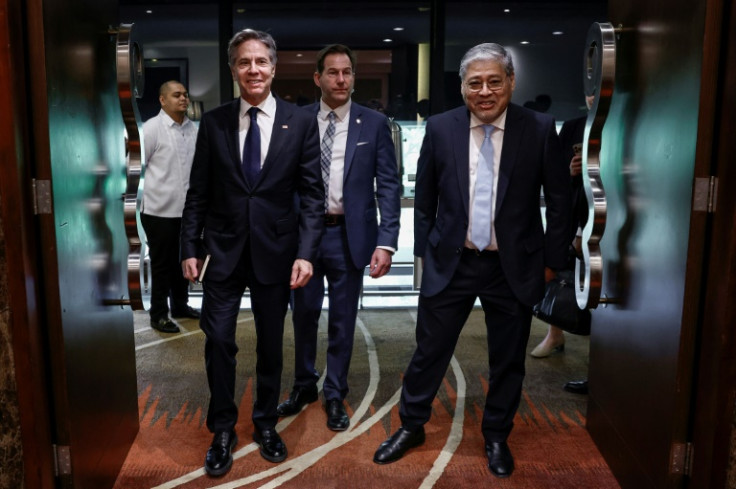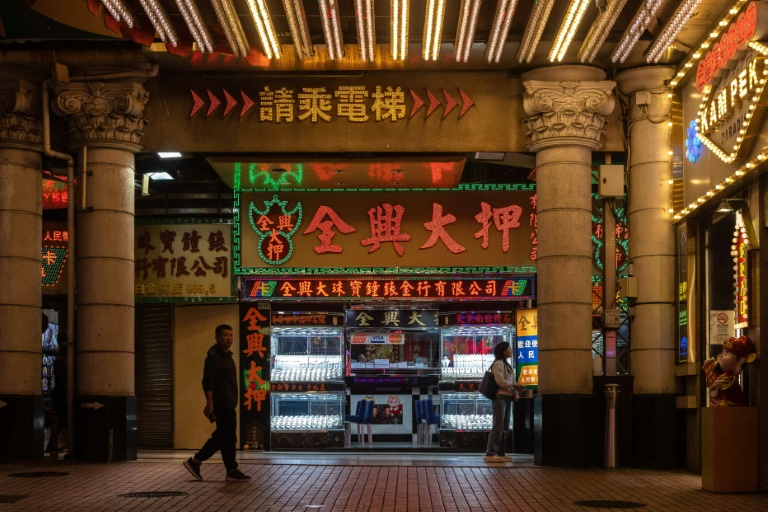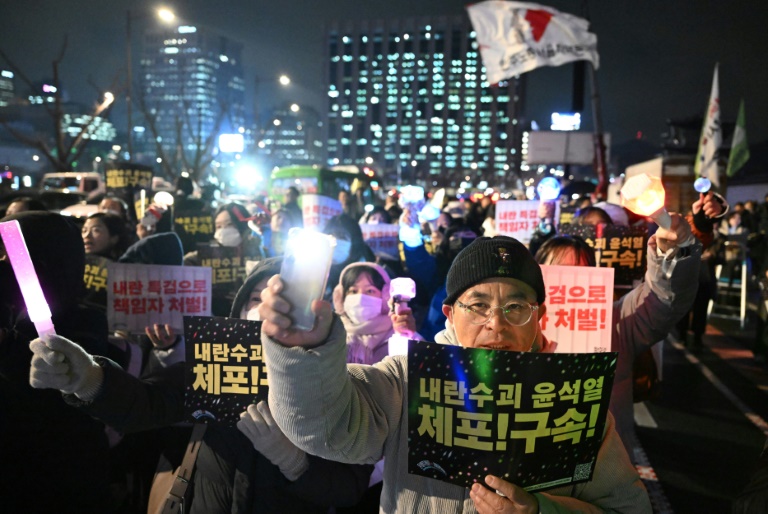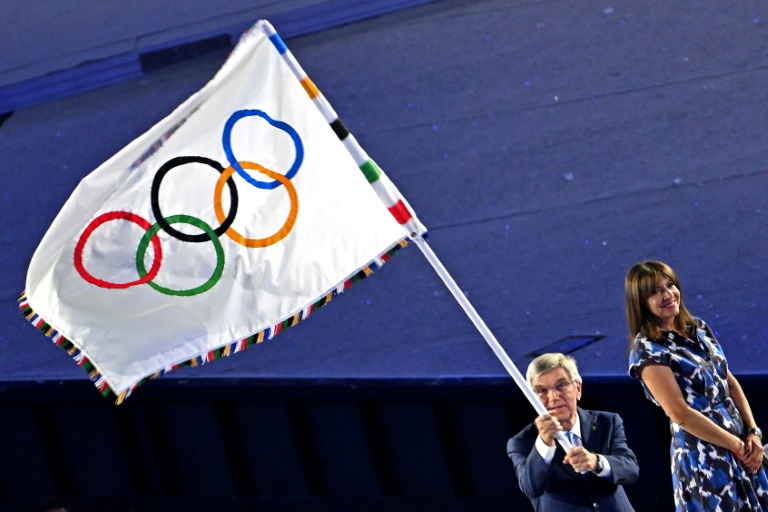US Secretary of State Antony Blinken said Tuesday that the United States stands by its “ironclad” commitments to defend longtime ally the Philippines against armed attack in the South China Sea.
Blinken’s visit to Manila — his second since Philippine President Ferdinand Marcos took office in 2022 — is part of a brief Asia tour to reinforce US support for regional allies against China.
Beijing claims almost the entire South China Sea, brushing aside competing claims from several Southeast Asian nations, including the Philippines, and an international ruling that has declared its stance baseless.
Blinken’s renewed defence pledge follows recent incidents involving Philippine and Chinese vessels near disputed reefs off the Southeast Asia country’s coast, including collisions.
“These waterways are critical to the Philippines, to its security, to its economy, but they’re also critical to the interests of the region, the United States and the world,” Blinken said at a joint press conference with his Philippine counterpart Enrique Manalo.
“That’s why we stand with the Philippines and stand by our ironclad defence commitments, including under the mutual defence treaty.”
Blinken’s trip comes ahead of a trilateral meeting in Washington next month between US President Joe Biden, Marcos and Japanese Prime Minister Fumio Kishida.
Announcing the three-way summit with the Asia-Pacific allies, White House Press Secretary Karine Jean-Pierre said the leaders would push a “shared vision for a free and open Indo-Pacific”.
Blinken will meet with Marcos later Tuesday where he is expected to reaffirm the United States’ security commitments to the Philippines.
Top US officials have repeatedly said that “an armed attack” against Philippine public vessels, aircraft, armed forces and coastguard would invoke the 1951 US-Philippines mutual defence treaty in which Washington is obliged to defend its ally.
Marcos has expressed “great alarm” over the recent confrontations that have sparked diplomatic sparring between Manila and Beijing.
Ahead of his meetings, Blinken toured a semiconductor plant. He described the Philippines as “an increasingly critical partner” in ensuring a “resilient” supply chain of chips.
The United States is seeking to cement its lead in the chip industry both on national security grounds and in the face of competition from China.
Beijing has accused Washington of using the Philippines as a “pawn” in the dispute over the South China Sea and various reefs.
China deploys boats to patrol the busy waterway and has built artificial islands that it has militarised to reinforce its claims.
Blinken’s visit was aimed at “advancing the alliance”, said Renato De Castro, professor for international studies at De La Salle University in Manila.
Marcos would also likely be interested to hear from Blinken what the “trigger points” are for the United States to invoke their mutual defence treaty, said Herman Kraft, a political science professor at the University of the Philippines.
Relations between Washington and Manila were rocky under former president Rodrigo Duterte, who pivoted towards China.
Since Marcos took power, however, he has sought to deepen cooperation with the United States and regional neighbours, while standing up to Chinese aggression towards Philippine vessels in the South China Sea.
AFP

AFP






